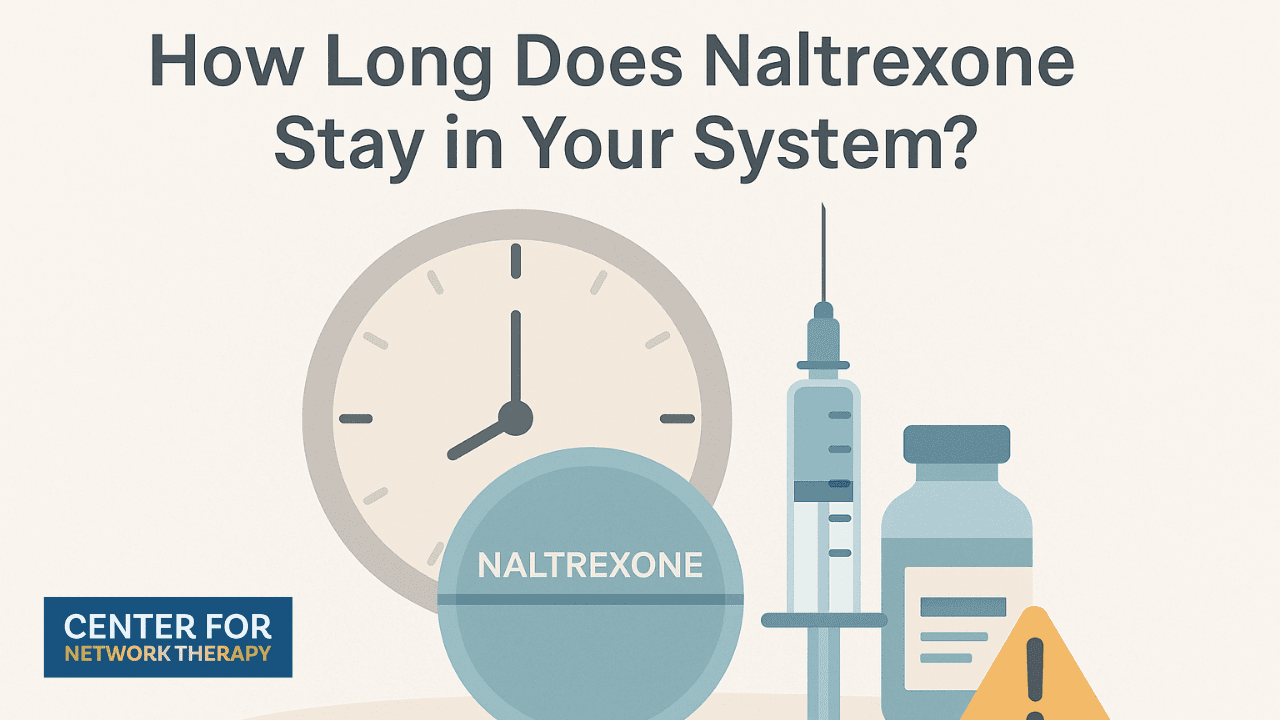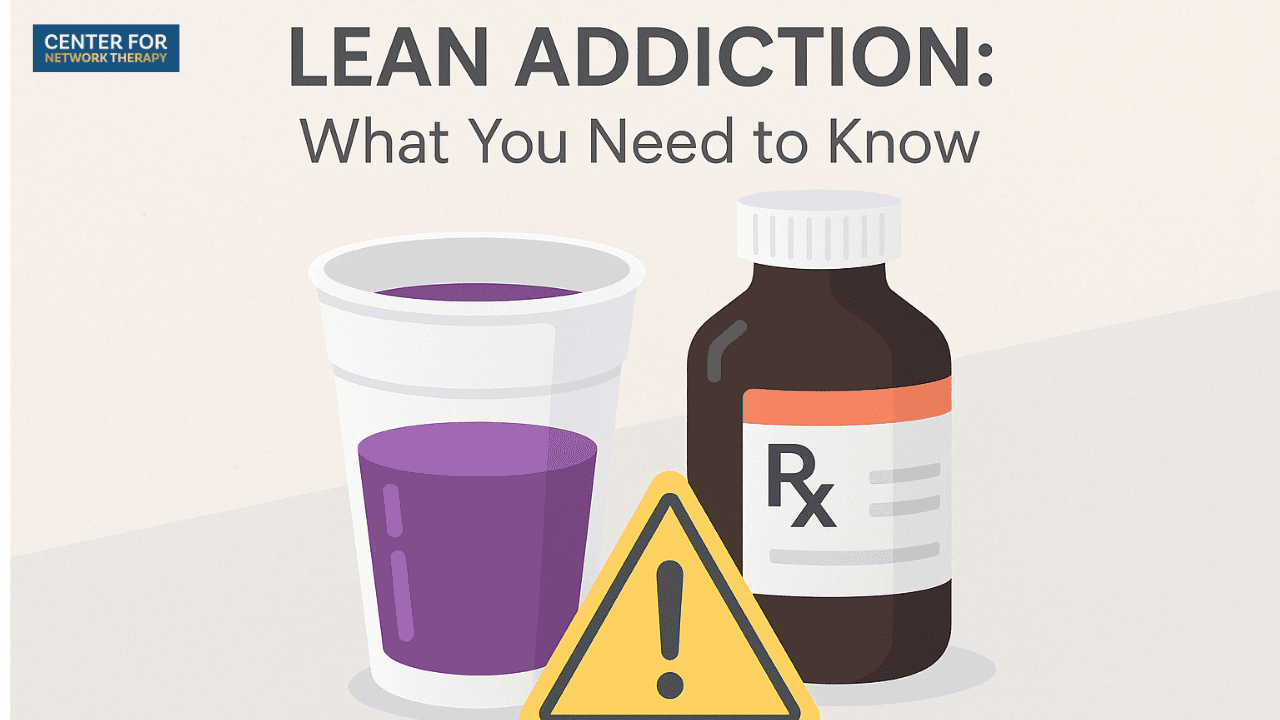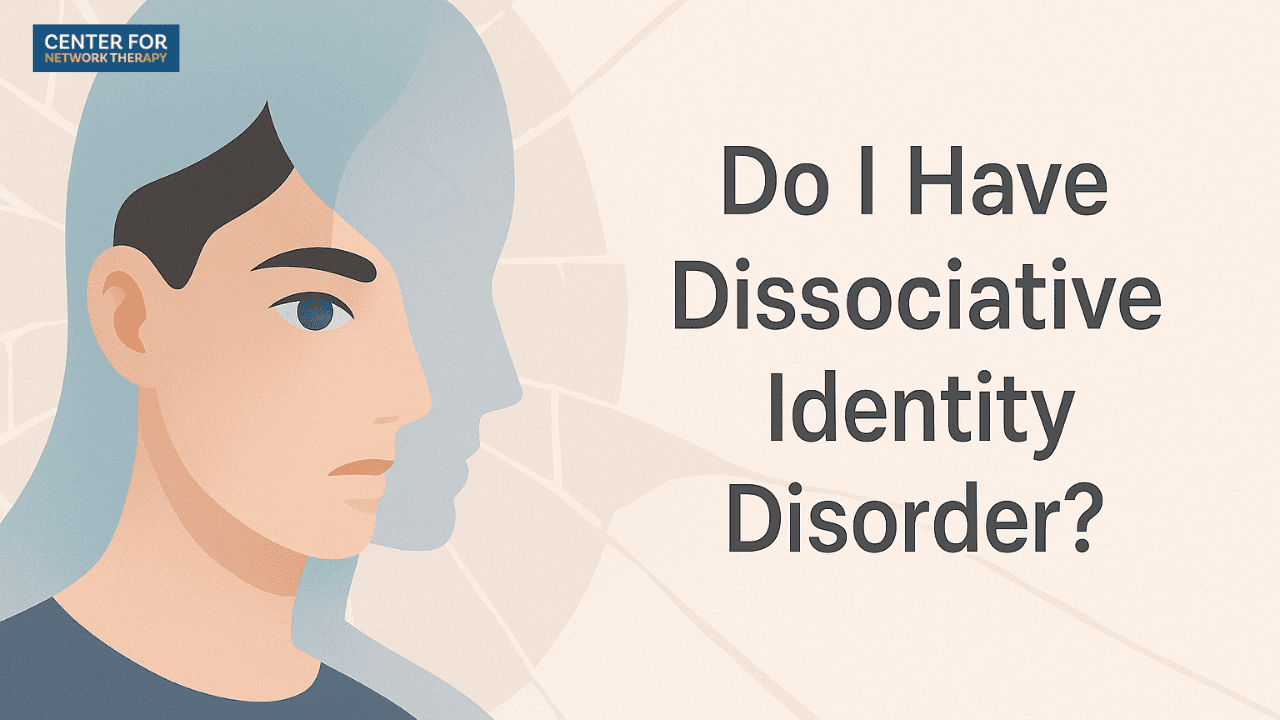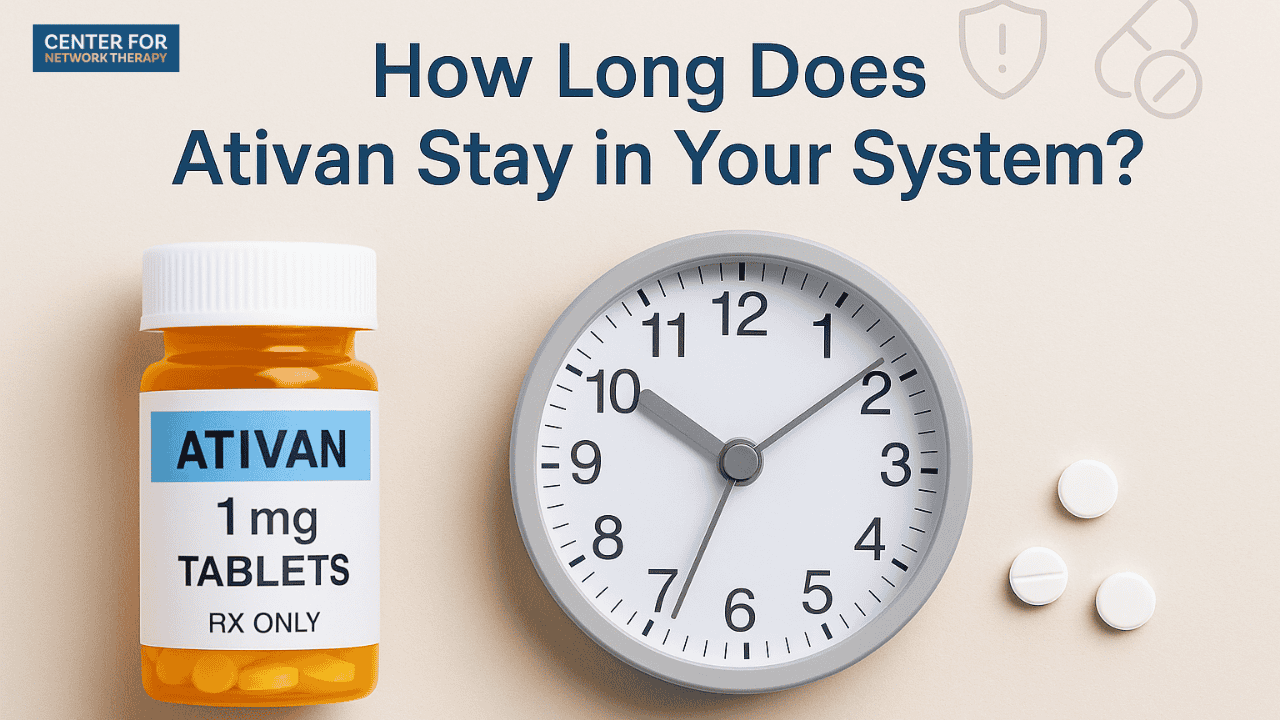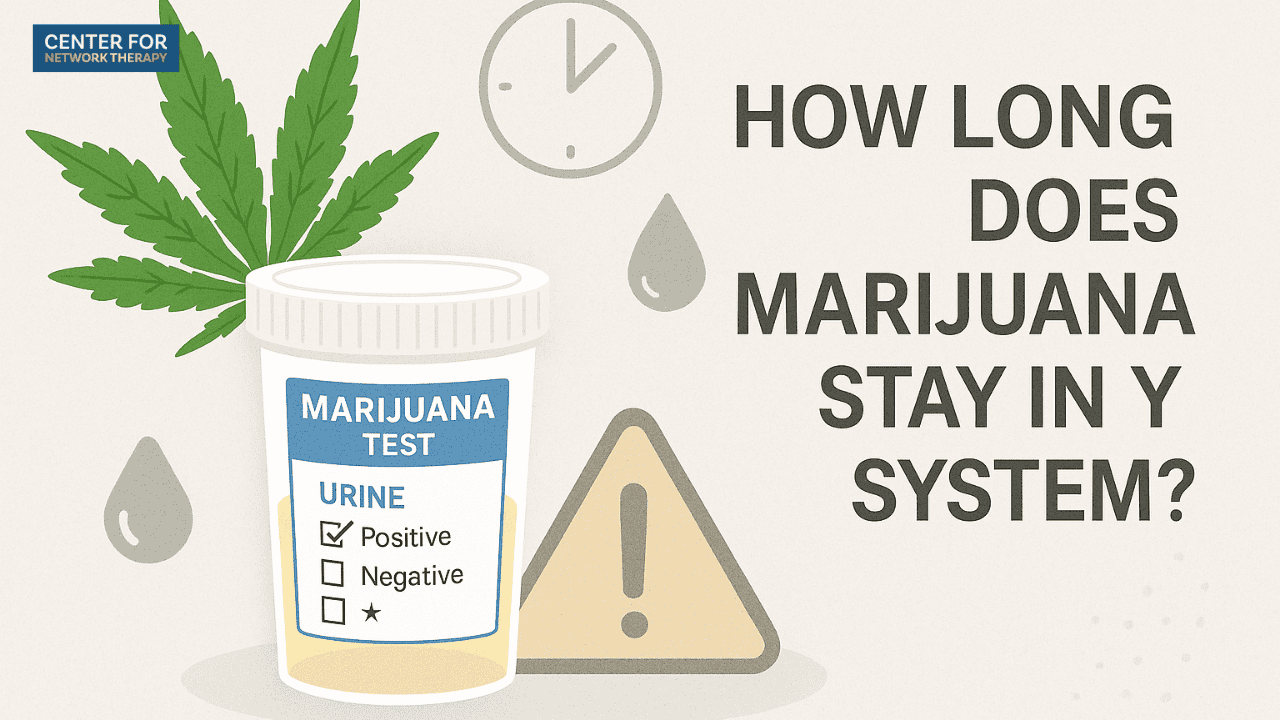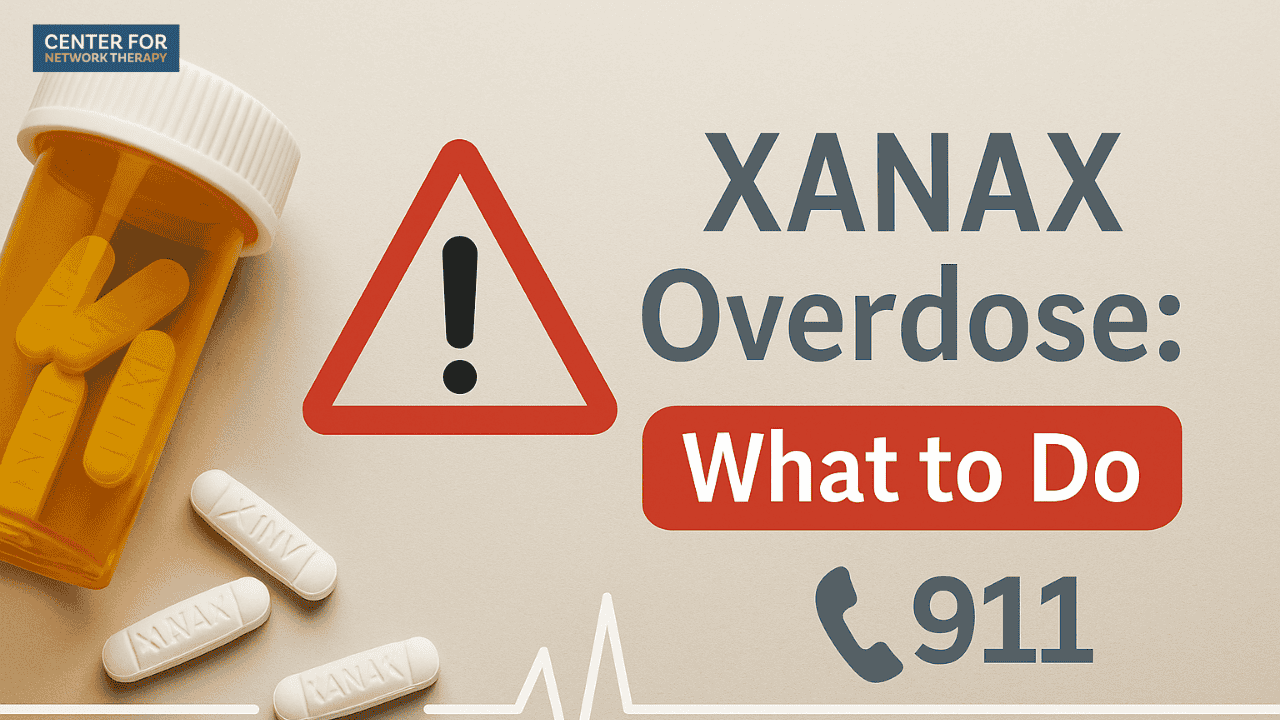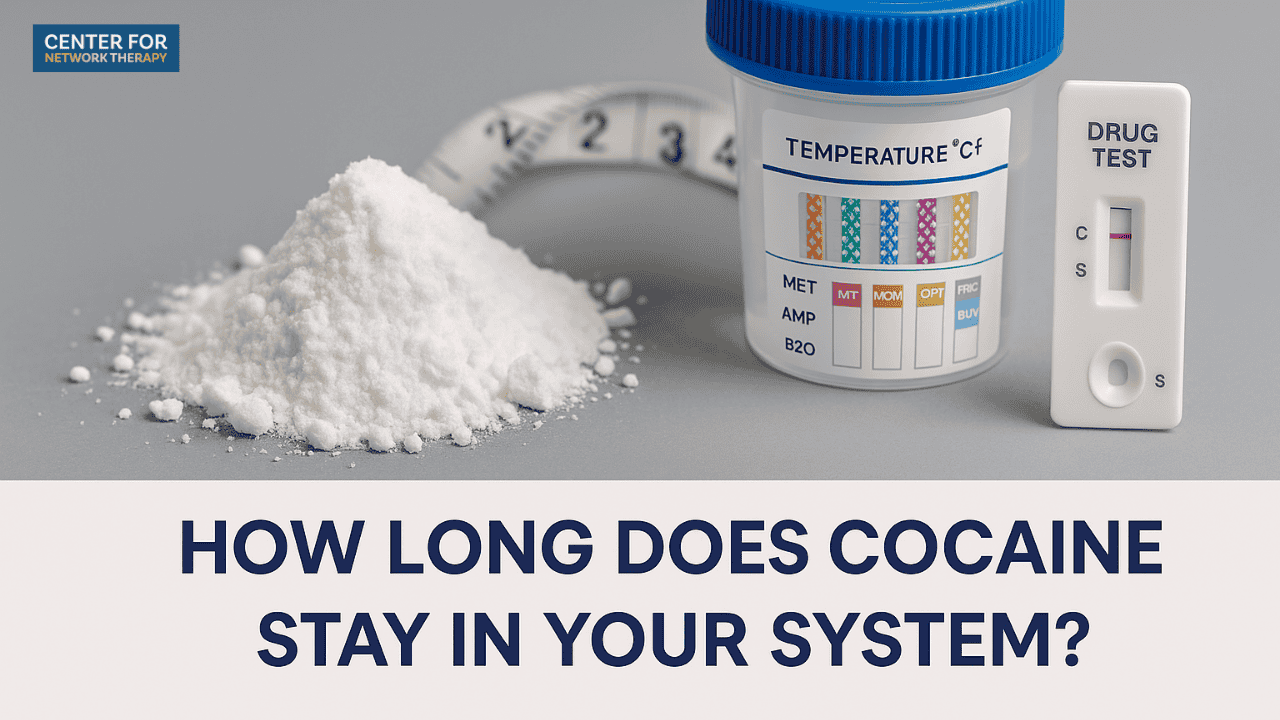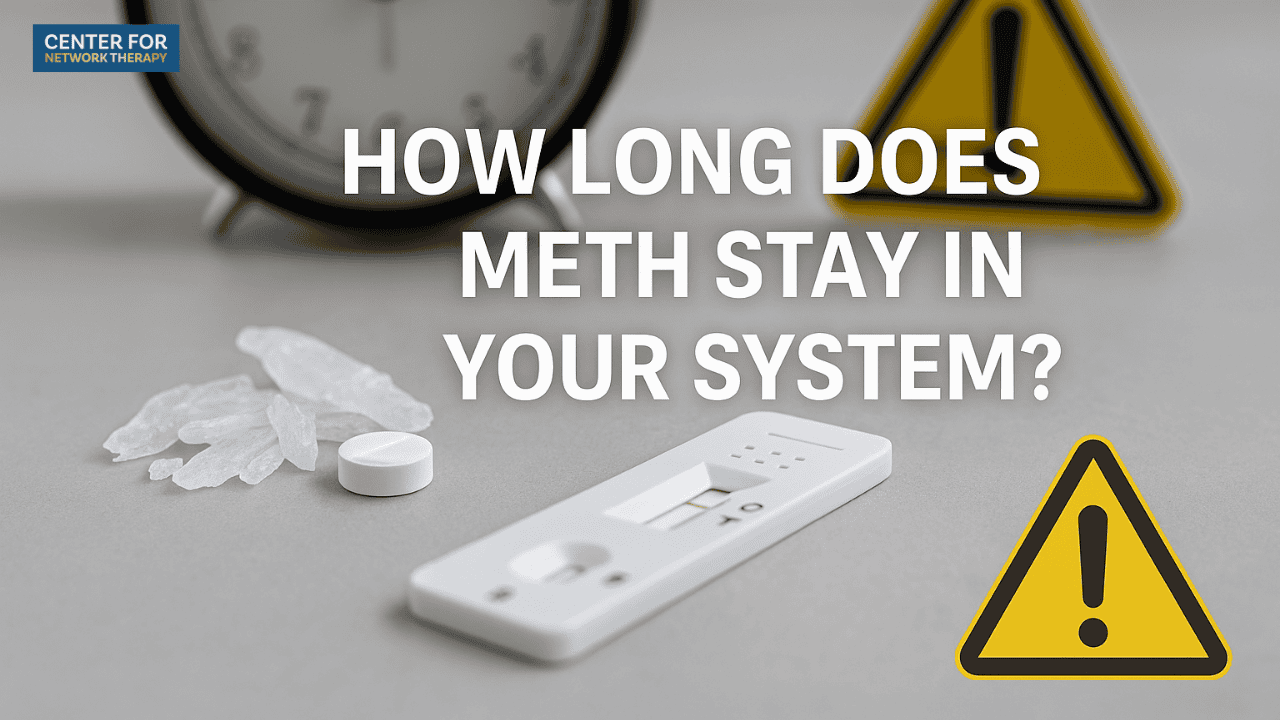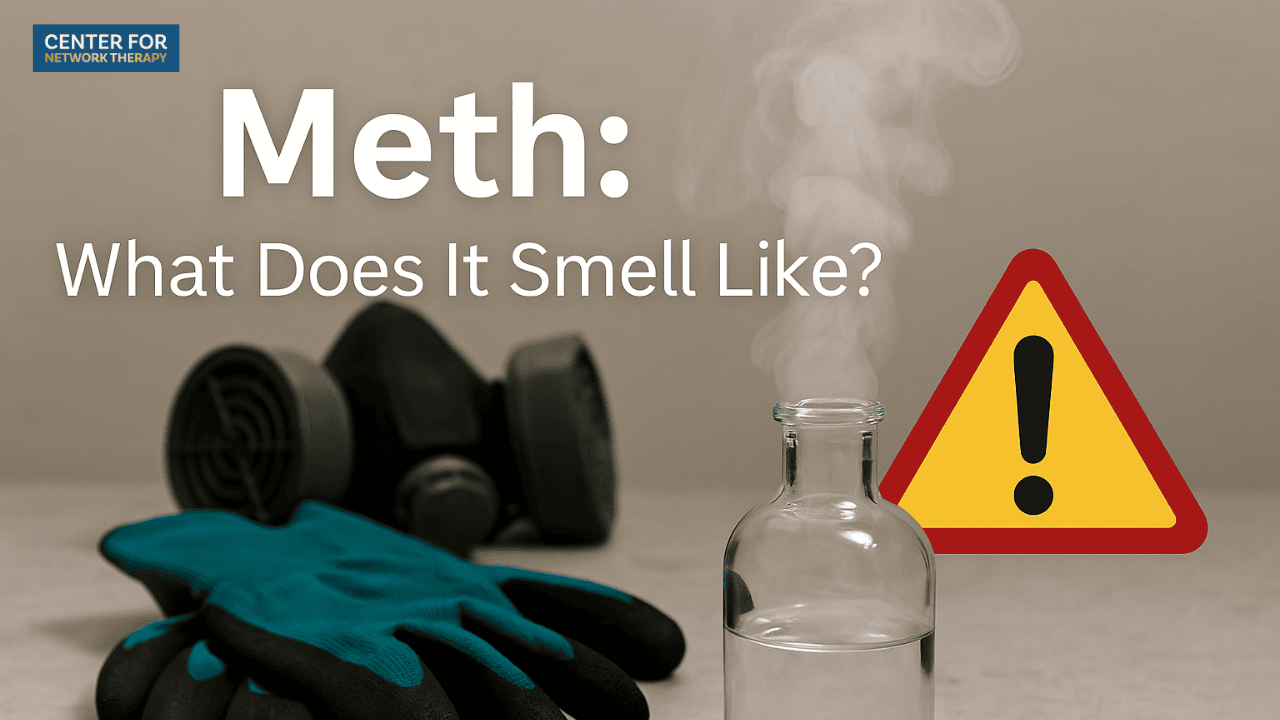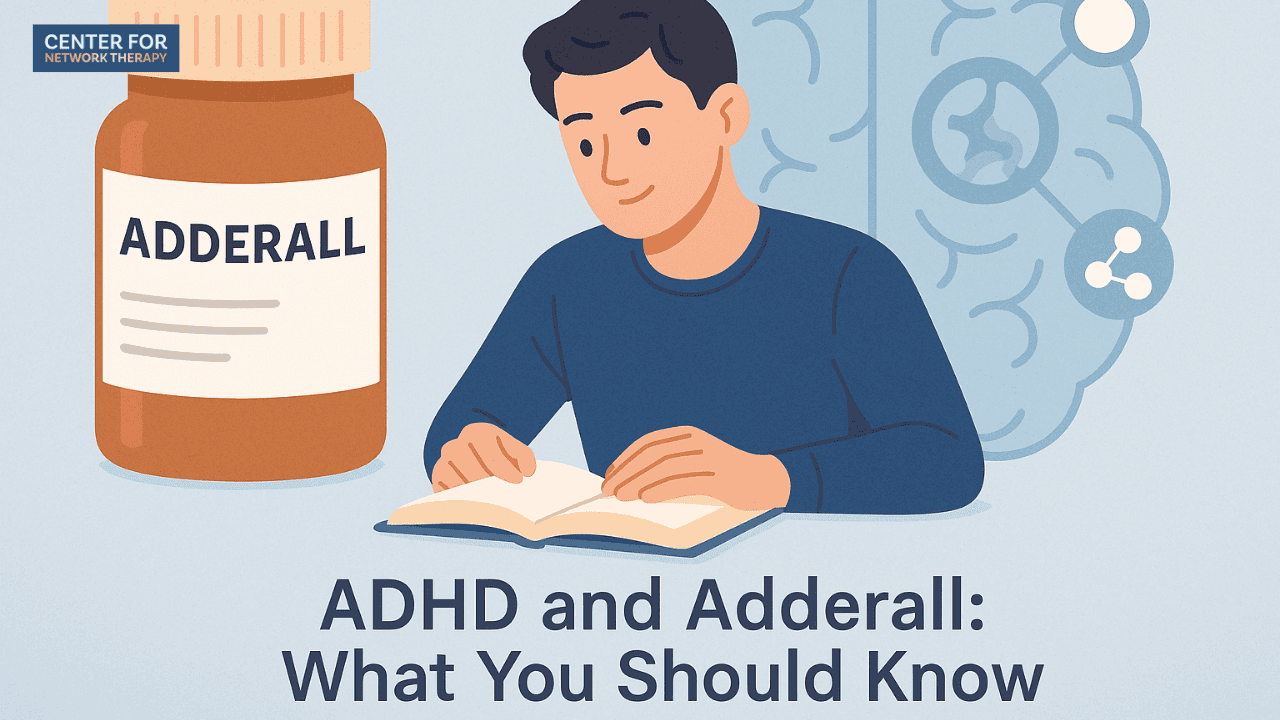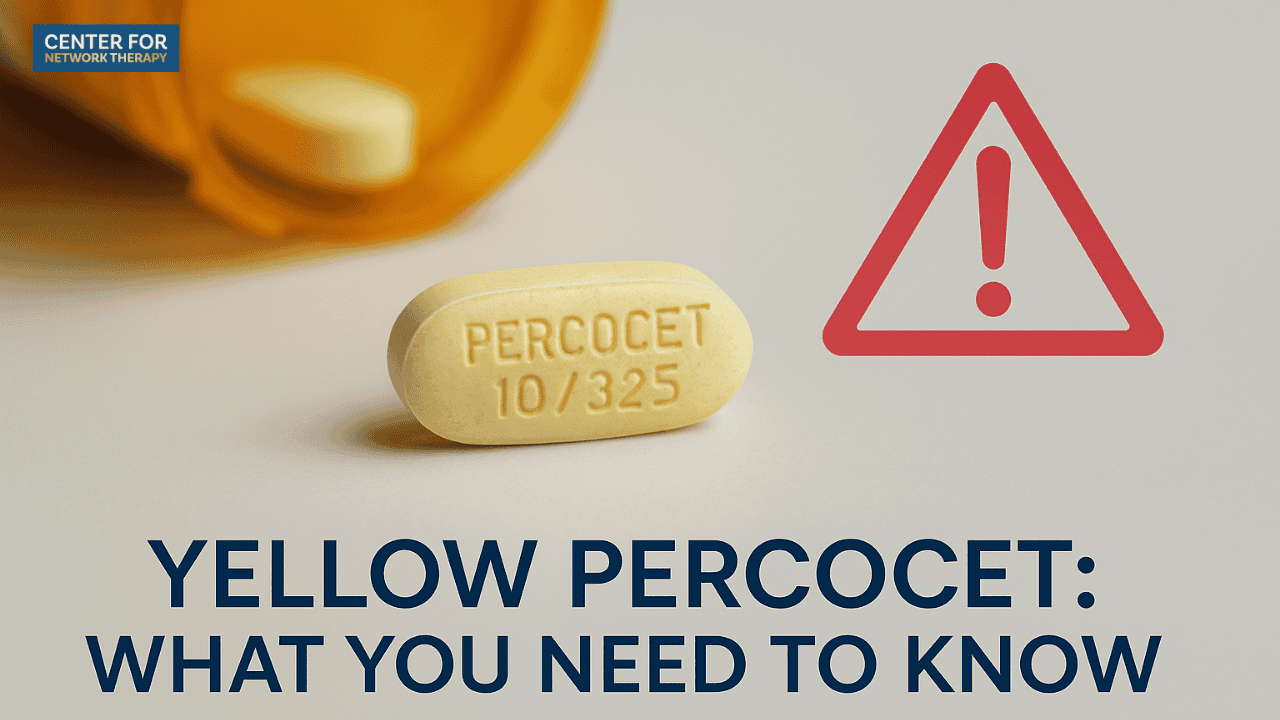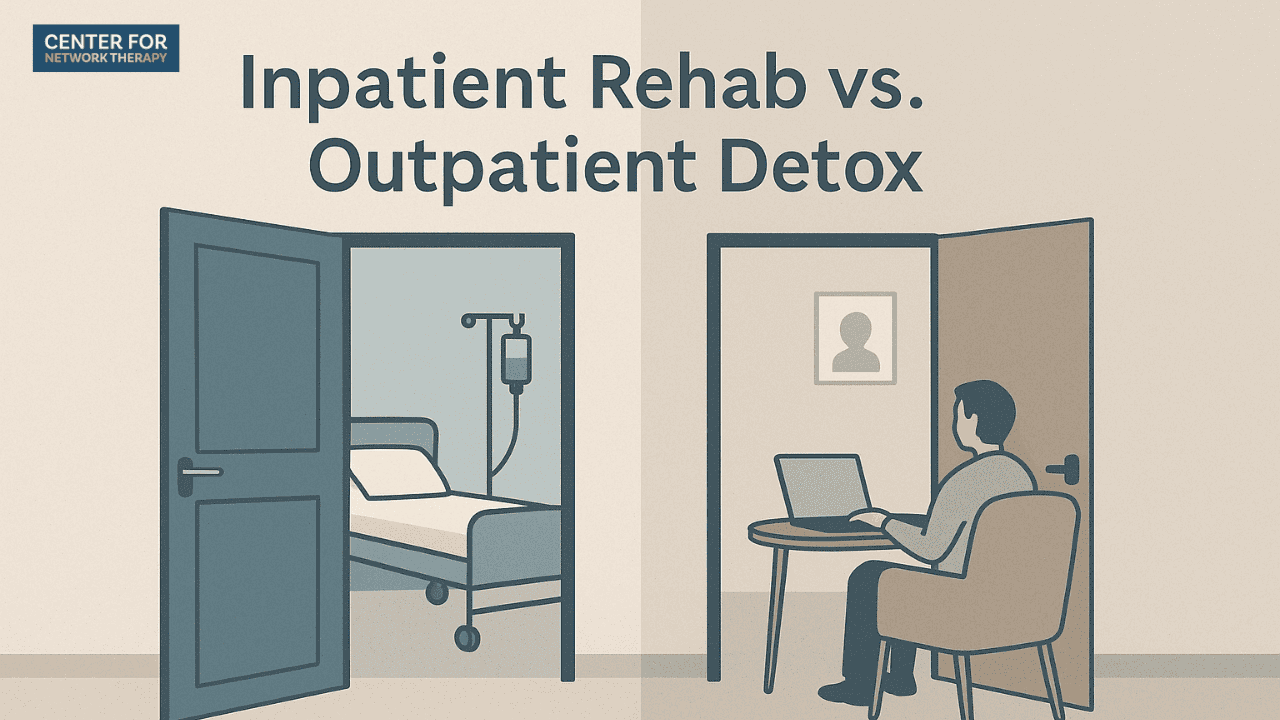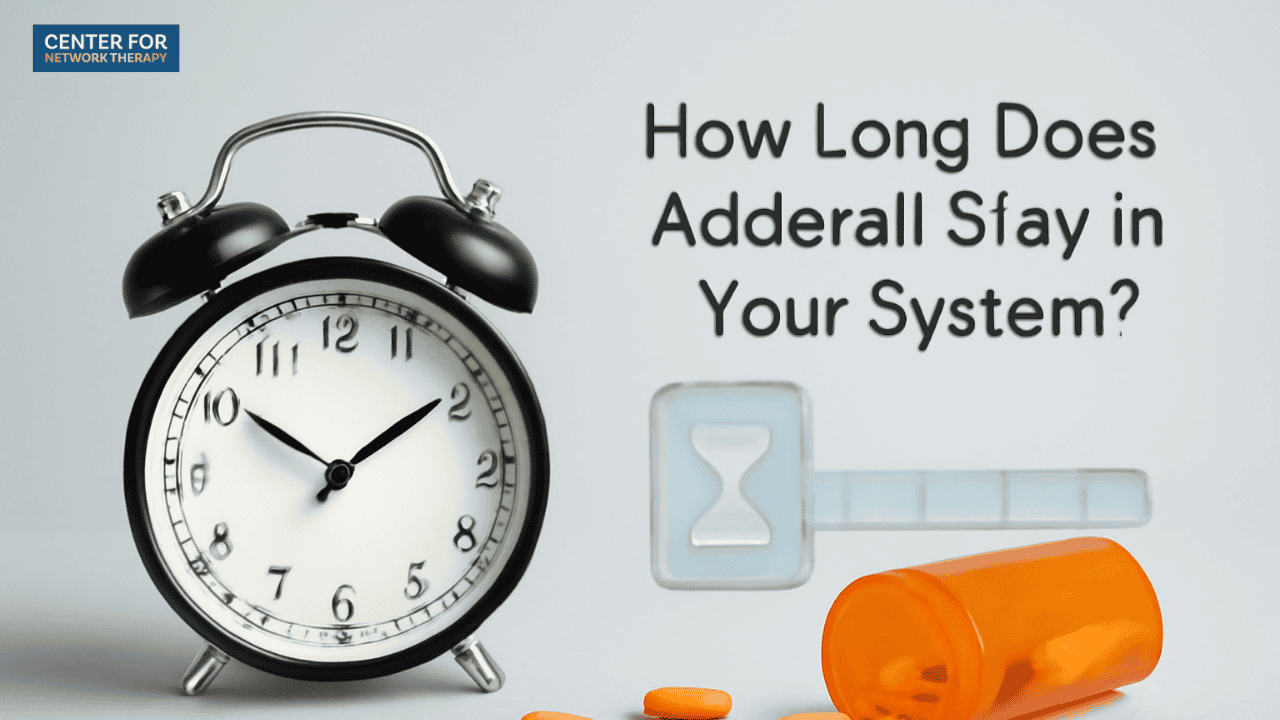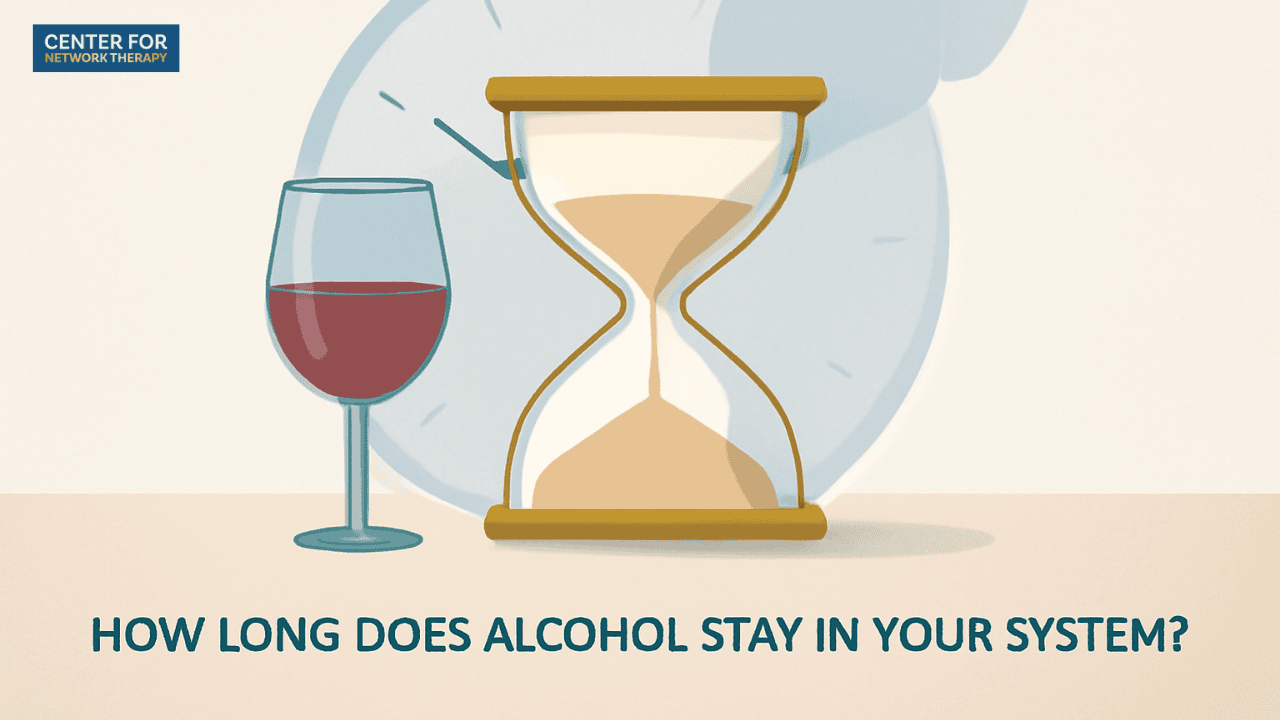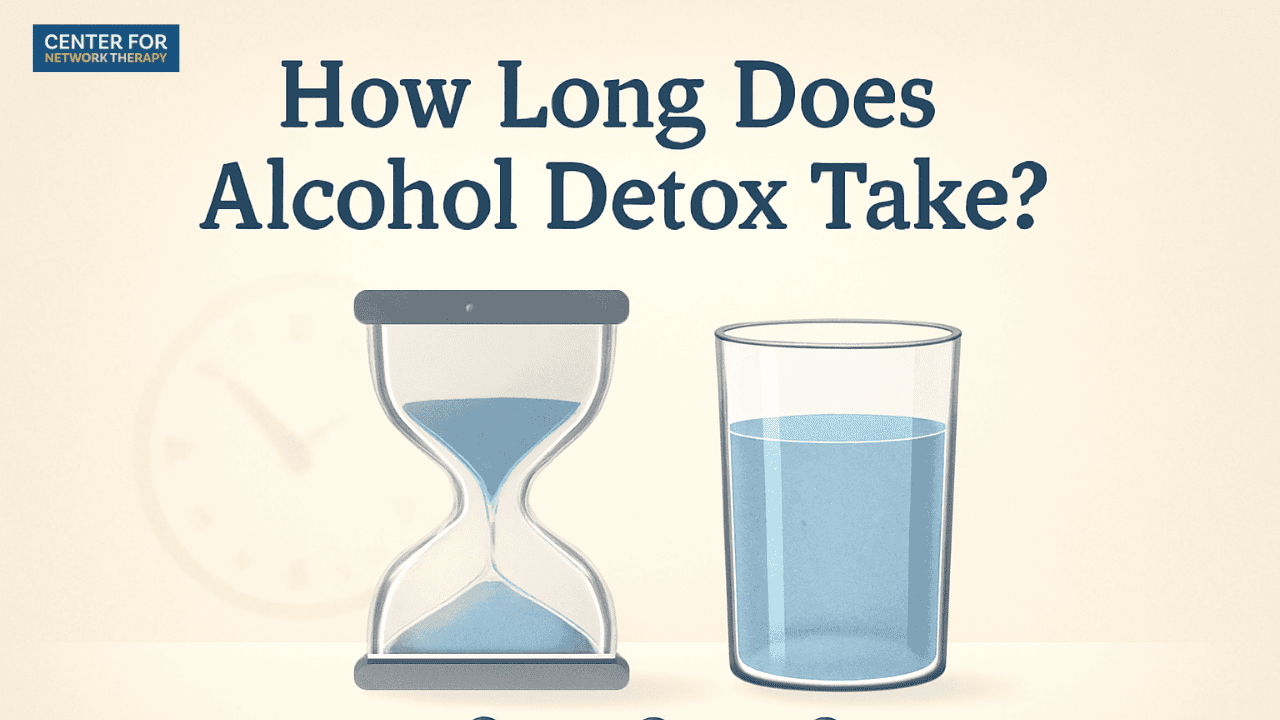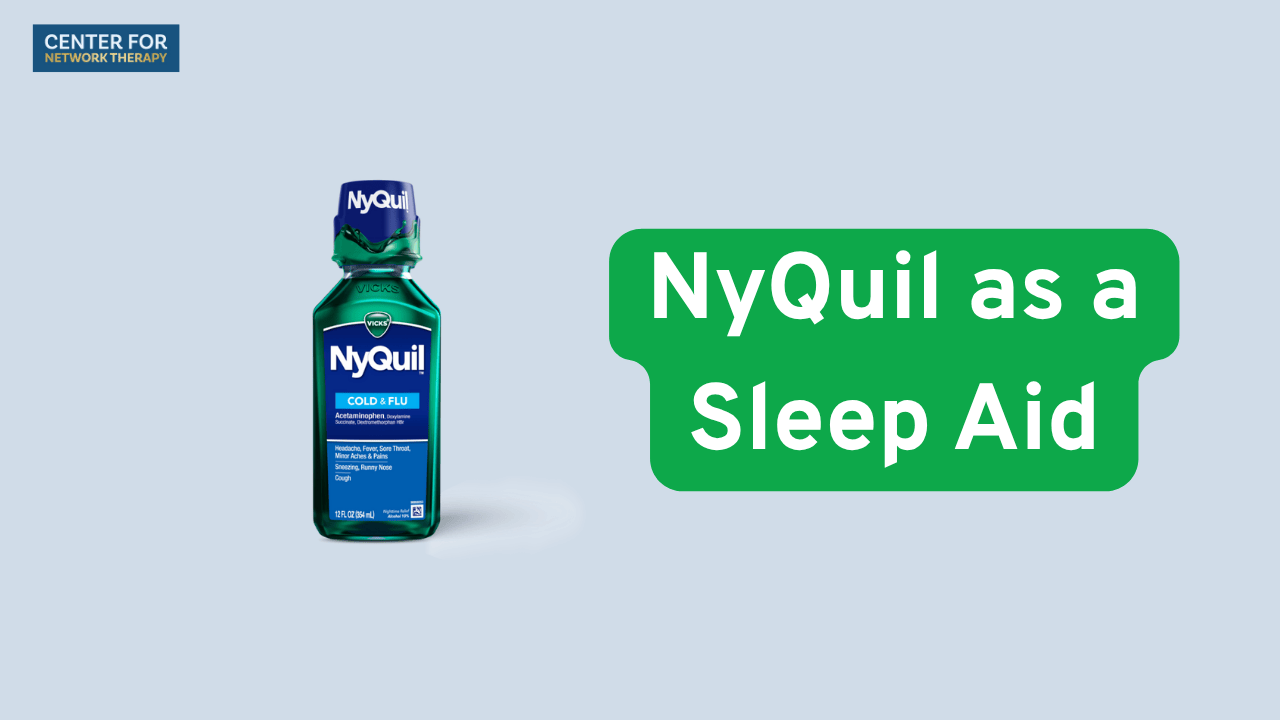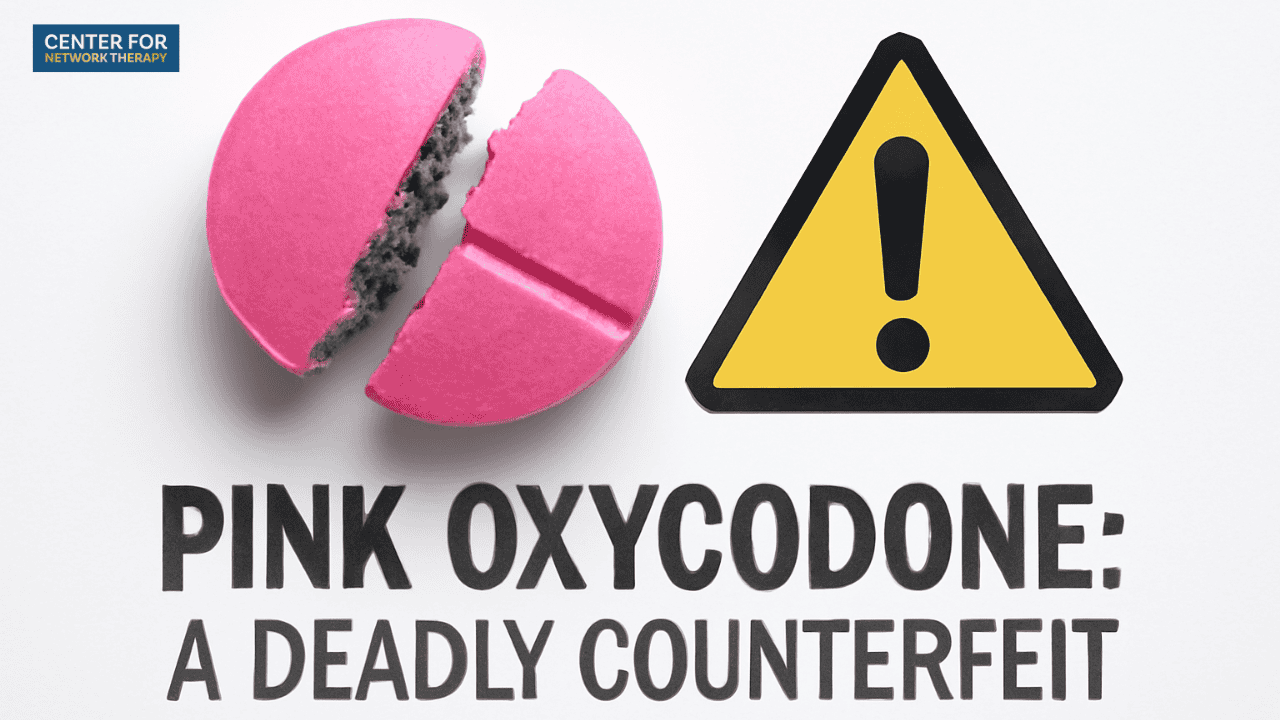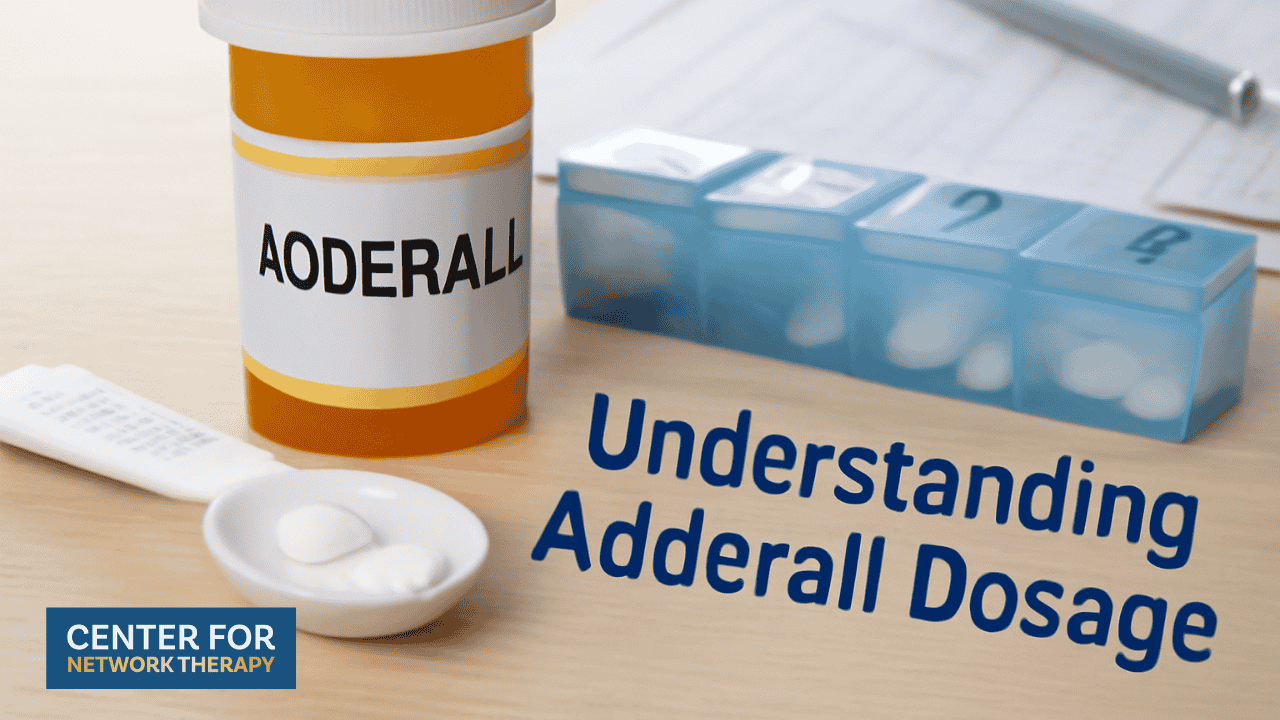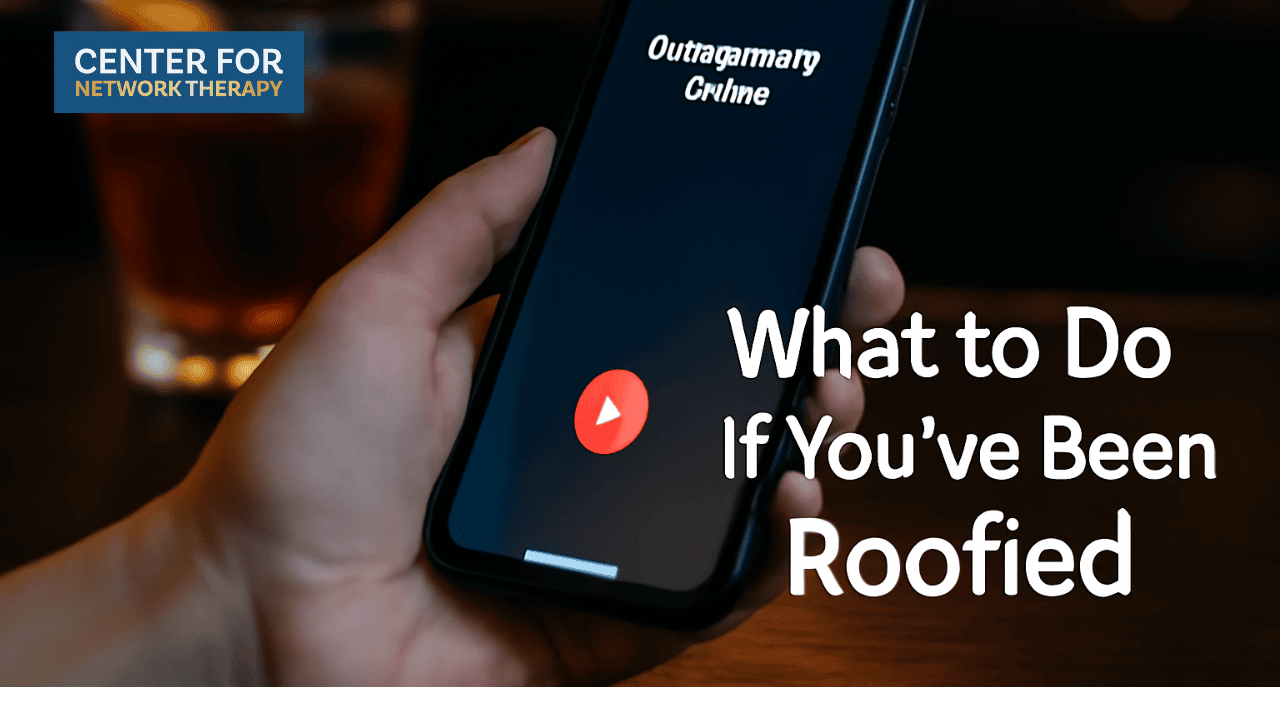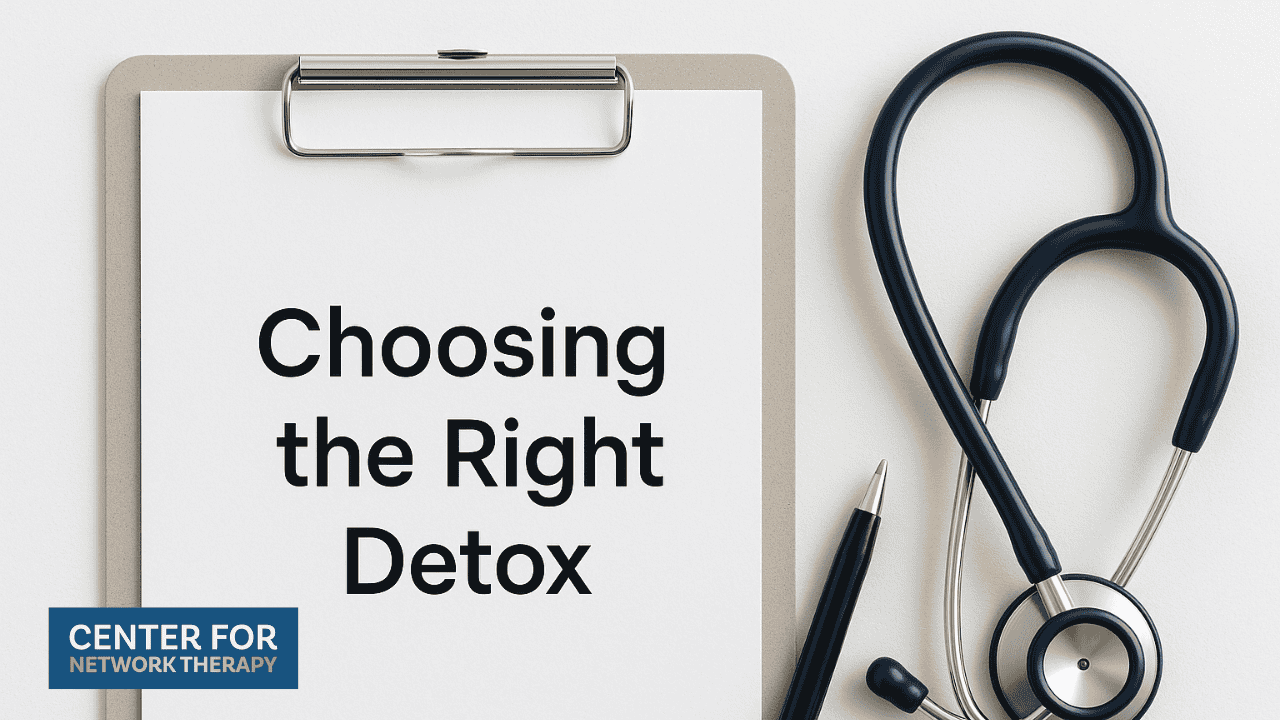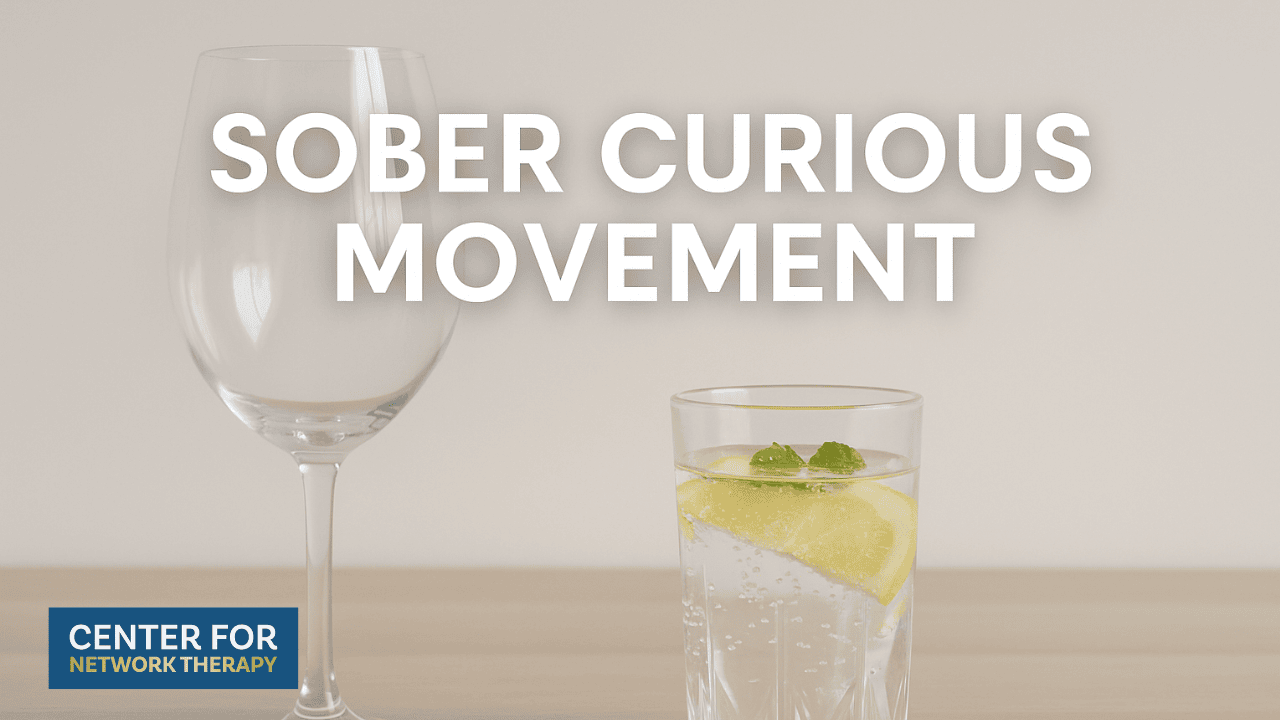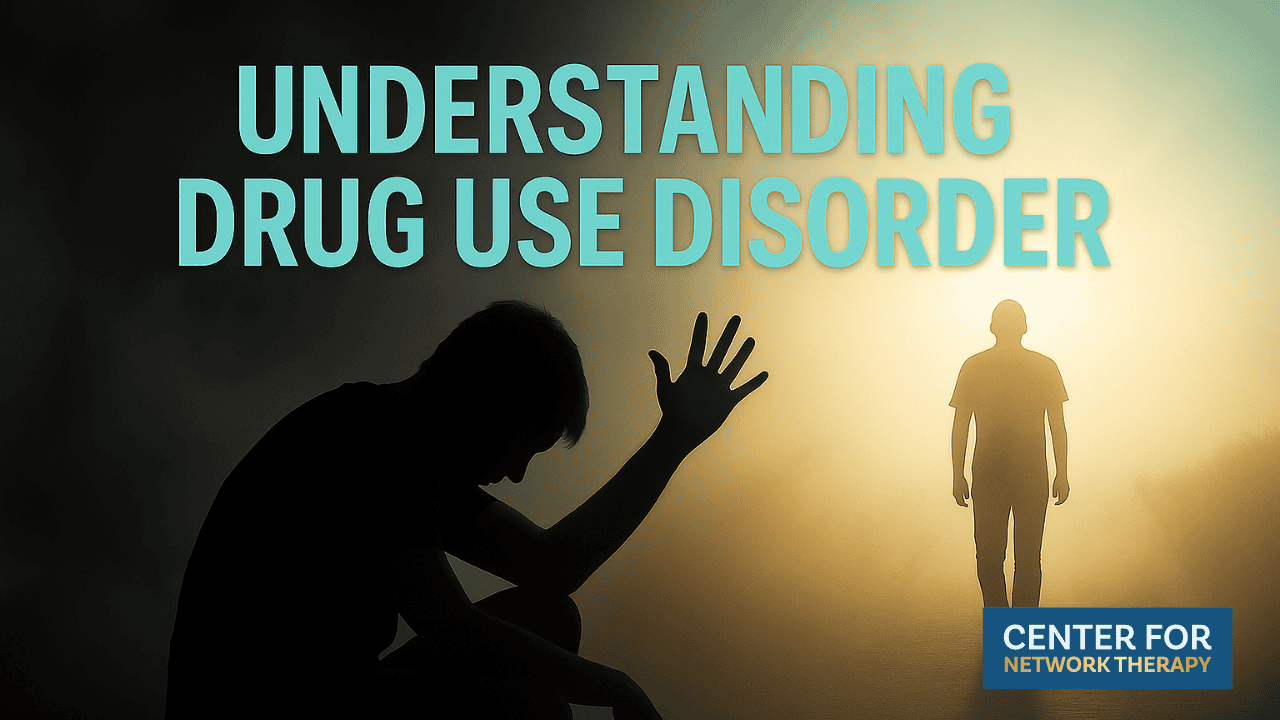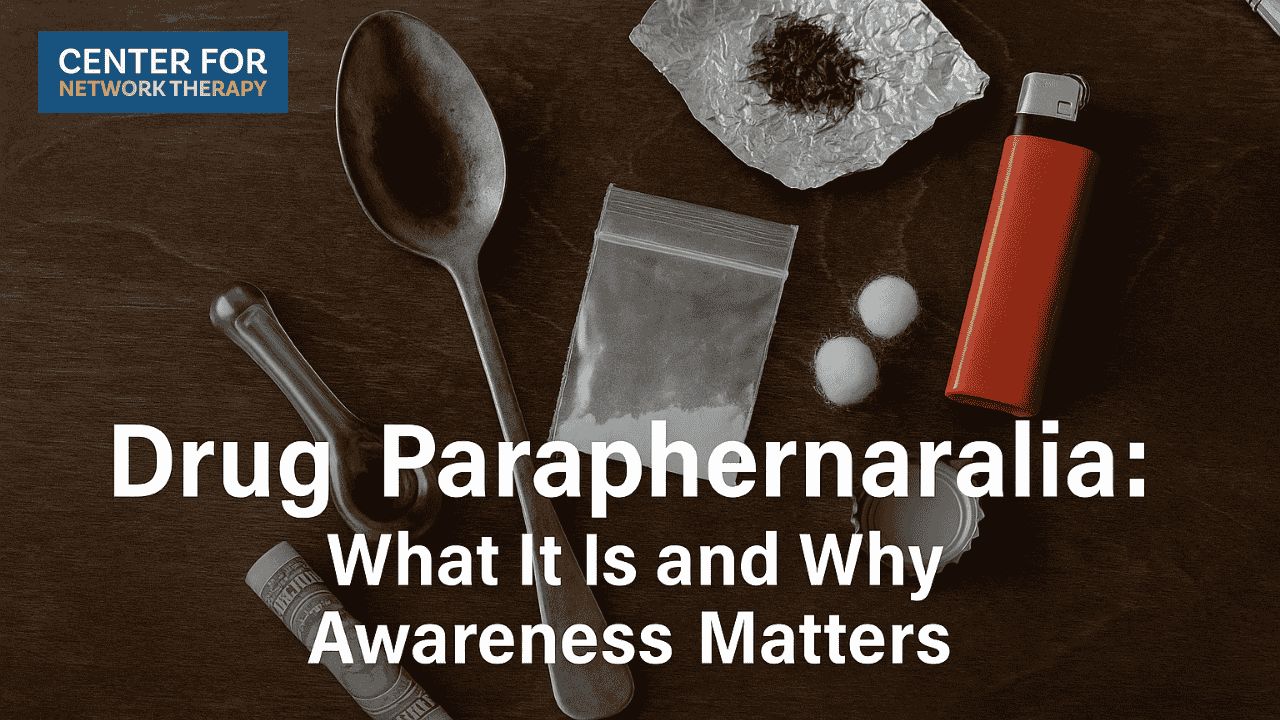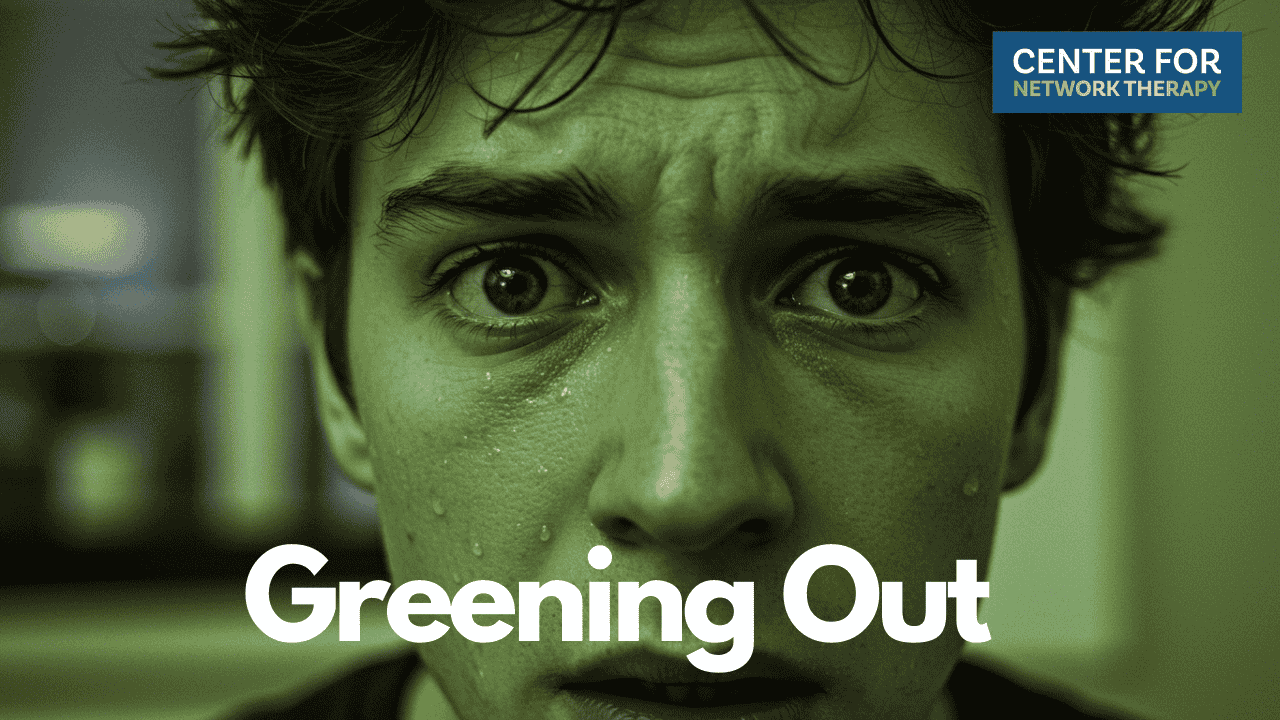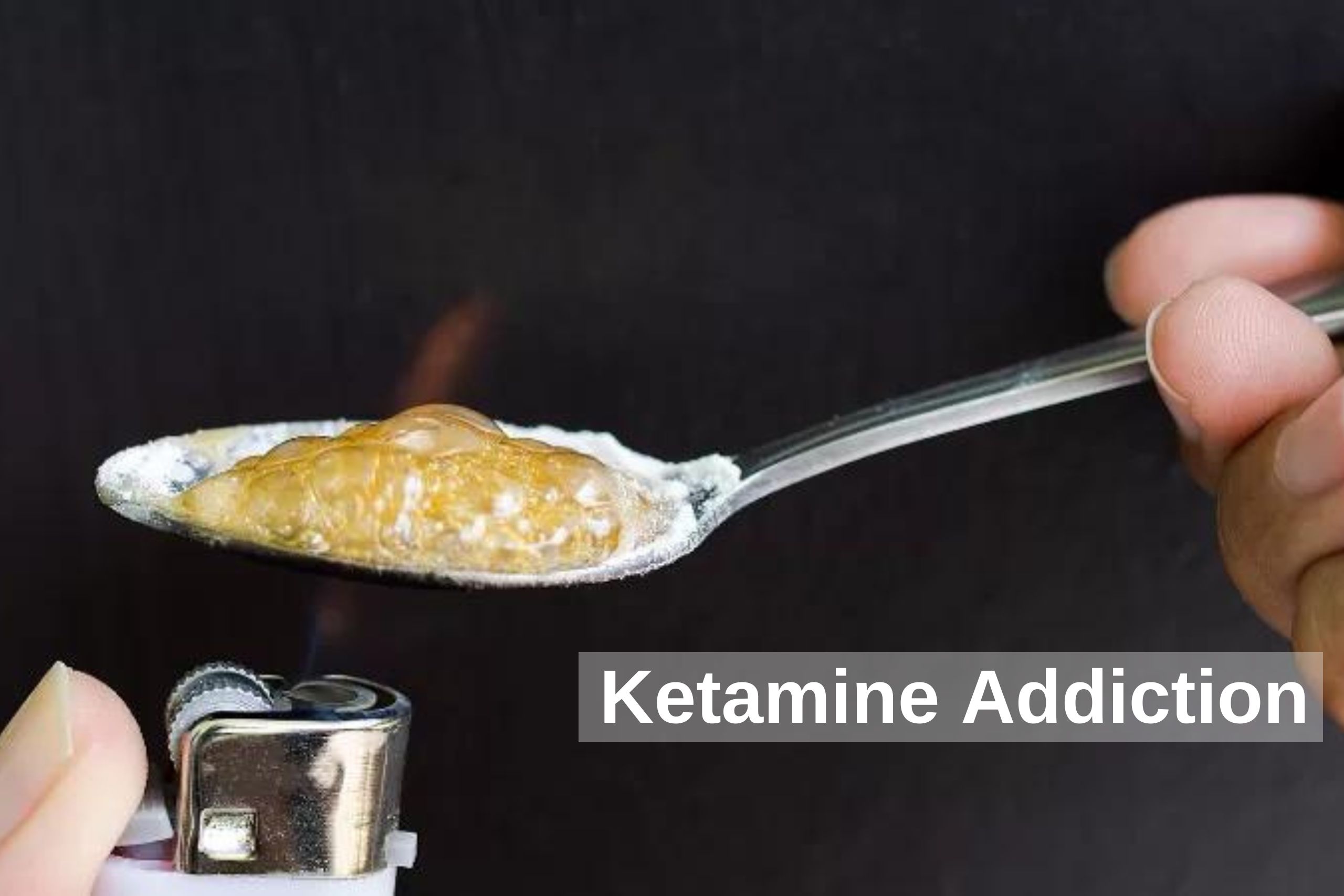Table of Contents
ToggleOutpatient Alcohol Rehab
At first, you start off with raising a toast at celebratory events or enjoying an occasional drink at office parties. Or you hang out with your buddies, besties, or colleagues after school or work, and drinking alcohol or taking the latest party or club drugs seem like the “in thing.” Before you know it, you are sucked into a vortex of substance abuse and your life tumbles down a dark hole. Now alcohol consumes you or drugs take precedence over everything that matters in your life.
You start panicking and realize you need help before it is too late but a nagging feeling at the back of your mind keeps telling you that staying away from substance abuse and turning over a new leaf is easier said than done. Worse still, you cannot take a break from study or work, and family commitments stand in the way of you seeking help. But what if you could explore treatment options without turning your personal/professional schedule upside down? Let us handhold you through the myriad doubts and questions arising in your mind and find doable and practical solutions so you can walk down the road to sobriety.

What Happens at a Detox Center?
You might have heard stories of family members, friends, colleagues, or neighbors who have successfully completed drug rehab and are now leading meaningful lives. You might even be wondering what happens at a detox center and how you can identify the right program for yourself.
The outpatient alcohol rehab process involves four stages — Assessment, Detox, Therapy, and Aftercare.
Assessment is done to design a treatment plan based on an individual’s type, duration of substance abuse, and severity of drug and/or alcohol abuse, as well as other challenges such as domestic violence or co-occurring mental health issues.
Detox is the second stage and targets managing withdrawal symptoms and eliminating or negating the body’s dependence on drugs and/or alcohol.
Therapy delves into the roots or underlying causes of the addiction and gives a patient the tools to combat it.
Aftercare ensures that a person continues to receive support and embarks on a lifelong journey of recovery.
You should take care to select the right detox program and look for evidence-based treatment approaches offered by a team of trained and certified professionals, including doctors, therapists, counselors, and support staff. Questions you should seek answers must include:
- What will my treatment plan look like and who will design it?
- How many hours will I need to commit each week to successfully finish it?
- What does a typical session include and how will it be implemented?
- Are there evidence-based therapies and treatment options?
- Can I sign up right away or is there is a waiting list? If yes, how long do I need to wait before I can enroll?
- What facilities or support are offered in terms of aftercare? Will I receive the usual follow-up telephone call or have access to programs involving my family members and friends?
- Will I be offered help for co-occurring health concerns such as mental health disorders?
A detox center primarily offers inpatient and outpatient programs for those struggling with substance abuse. A substance abuse evaluation is conducted to recognize the intensity of the problem, analyze it, and customize a treatment plan best suited to your needs.
Understanding Substance Abuse Evaluation
People who are coping with addiction or substance abuse experience a range of feelings and emotions. They may feel scared or overwhelmed; at other times, they may feel hopeful and have a strong urge to change and go clean. Recognizing one’s addiction and the desire to seek help is the first and foremost step toward a successful recovery.
A substance abuse evaluation is a clinical tool used by doctors and healthcare providers to identify and analyze the extent of a person’s alcohol or drug addiction, determine co-occurring concerns like a mental health disorder, evaluate the magnitude or impact of the addiction on the person’s life and everyday activities, and obtain and assess the medical and social history relating to general health concerns and drug use.

Substance abuse evaluations are comprised of two parts — an initial screening and a more holistic assessment. Both these parts are used to determine a treatment plan, as screening helps to understand whether or not a person has a substance abuse disorder, and the subsequent assessment identifies the type of problem, determines possible options for diagnosis, and helps in recommending a tailored treatment strategy. Entry-level professionals can be engaged to carry out screenings, while assessments need to be conducted by certified and/or qualified doctors, nurses, therapists, or social workers.
Some of the more common tools used for screening include the CAGE Questionnaire, and Substance Abuse Subtle Screening Inventory (SASSI). For instance, the CAGE Questionnaire is an essential tool for assessing the drinking patterns of individuals considering outpatient alcohol rehab or inpatient treatment. The questions give shape to the acronym CAGE as they seek to find answers to four questions — Have you ever felt the need to Cut down on your drinking? Have people Annoyed you by criticizing your drinking? Have you ever felt Guilty about drinking? Have you ever felt you needed a drink first thing in the morning (Eye-opener) to steady your nerves or to get rid of a hangover?
An assessment is done by recording discussions, asking diagnostic interview-style questions (structured and semi-structured), and collating written responses on the history or usage of drugs and alcohol, substance-related behavior, health concerns, and history of possible treatment so that a proactive strategy can be drawn up to arrest the progress of the substance abuse disorder. The Diagnostic Interview Schedule-IV (a fully structured tool) and the Addiction Severity Index (a semi-structured interview) are two of the most commonly used tools for assessment.
Ambulatory Outpatient or Outpatient Care
If staying away from your loved ones – particularly children – or taking a break from work or study is not a feasible option for both personal and practical reasons, outpatient detox programs or ambulatory outpatient care could be exactly what you need as your attendance is required only during treatment sessions. You can return home and go about your daily routine without disrupting your normal activities or incurring additional expenses. It is important to note that a majority of people enroll in outpatient alcohol rehab programs at some stage of their treatment plan as even those who initially opt for intensive inpatient or residential treatment programs also need to make the transition to outpatient care as a means of continuing and eventually completing their treatment programs.
You can avail yourself of services for ambulatory outpatient care at health centers, urgent care centers, hospital-based outpatient clinics, rehabilitation centers, offices of physicians, and a host of other places offering medical assistance. Outpatient alcohol rehab has its own benefits, and it scores big in terms of affordability and greater flexibility as there is little or no need to readjust your daily schedule. It also provides enhanced confidentiality, as you can seek treatment discreetly or anonymously; there is no need to explain your prolonged absence to your employer or family members and friends; and you can immediately apply or use the lessons imparted in everyday situations.
Types of Outpatient Alcohol Rehab Programs
Each outpatient alcohol rehab program is different in terms of schedule and structure as it is customized and based on a person’s needs and goals. Some programs require an individual to attend treatment sessions for several hours a day for 5 days a week, whereas people enrolled in other programs may be required to meet only once or twice each week. The deciding factors are the severity of the addiction and the need for concurrent psychiatric or medical care.
There are three primary types of outpatient programs for drug and alcohol addiction — standard outpatient, partial hospitalization, and intensive outpatient programs. The programs differ in structure, intensity, and types of services offered.
Standard Outpatient Programs: These programs are the least intense. People enrolled in these programs typically require little medical supervision and meet for 1-2 hours once or twice a week. Sessions may involve one-on-one counseling with a therapist or group therapy.

Intensive Outpatient Programs (IOPs): According to the American Society of Addiction Medicine, an IOP is defined as a program that requires a minimum of 9 hours of intensive treatment per week. People enrolled in these programs can avail themselves of a wide range of services, including individual and group counseling sessions, 12-step meetings, and medication. Participants are required to meet for 9-20 hours each week. Many IOPs require individuals to meet 3-6 hours, 3-5 days a week.
Partial Hospitalization Programs (PHPs): These are day treatment programs offered at free-standing clinics or hospitals. Treatment sessions are conducted for 3-8 hours a day for up to 7 days a week. The sessions include individual, family and group therapy, on-site medical care, and psychiatric care and help people in making a transition from an inpatient program to outpatient care.
Therapies Used in Outpatient Care
Therapies used in outpatient programs are based on a number of factors and vary depending on an individual’s history of substance abuse, the substance or substances abused, co-occurring mental health disorders, and other underlying health concerns. Some common therapies that are used include Cognitive Behavioral Therapy (CBT), the Matrix Model, Contingency Management, Motivational Enhancement Therapy or Motivational Interviewing, and Family Therapy.
When Not to opt for Outpatient Detox
Before you enroll in an outpatient detox program, you need to weigh your options carefully. Scrutinize your history with drugs and/or alcohol with a fine-toothed comb to make a realistic assessment of your needs. Choosing a drug rehab program in an outpatient setting may not be the ideal choice if a person experiences a constant urge to use drugs and/or alcohol, or fails to regularly attend therapy or group sessions, or requires treatment or medical supervision for multiple disorders.
The American Society of Addiction Medicine and the American Psychological Association do not recommend outpatient alcohol rehab for patients if they have complicated withdrawal syndromes such as psychosis and potentially fatal seizures, severe or multiple addictions, co-occurring disorders like chronic medical issues or cardiovascular disease, a history of relapse or several failed or unsuccessful attempts at recovery, poor support systems and exposure to toxic environments such as stressful living conditions, the risk or a history of complicated withdrawal symptoms, or referral requests from therapists or doctors to put a patient in an inpatient treatment facility.
Alcohol Withdrawal and Outpatient Alcohol Rehab
If you’re still thinking about relapses and visions keep flashing before your eyes of people in your social circle who have successfully battled the symptoms of alcohol withdrawal and yet have gone back to outpatient alcohol rehab, you need to understand that it is an uphill task and that only your commitment and dedication – coupled with the right circumstances – can help you achieve long-term sobriety. Rehab can have a substantial positive effect on your life as it is a progressive and ongoing journey.
You need to identify and avoid triggers and/or temptations, build a strong support network of family members and friends, and keep yourself busy and motivated so that your addiction does not end up being an on-again, off-again battle.
The determinants of successful rehab are based on research-based treatment and practice-based evidence. If you want to beat the odds, outpatient alcohol rehab can help you stay strong and offers a solid pillar of support on this lifelong journey of recovery.
According to the National Institute on Drug Abuse, there is “no cure” for addiction as it is a relapsing and chronic condition. Although there is no magic potion that offers instant relief or cure, the condition can be managed with support from programs for drug rehab and alcohol rehab, proper guidance from doctors and healthcare professionals, and the love and support of family members, and friends. These factors, and most importantly, your belief in yourself, can help you achieve lifelong sobriety.




